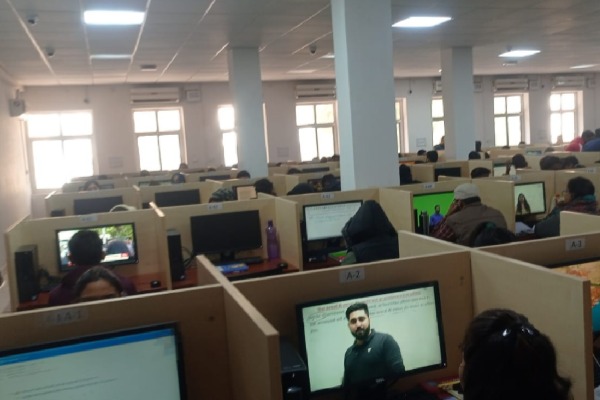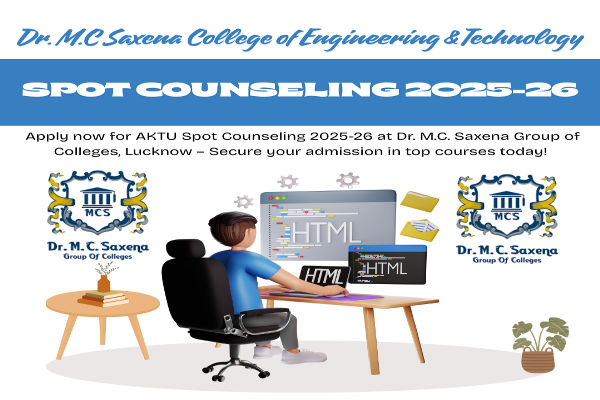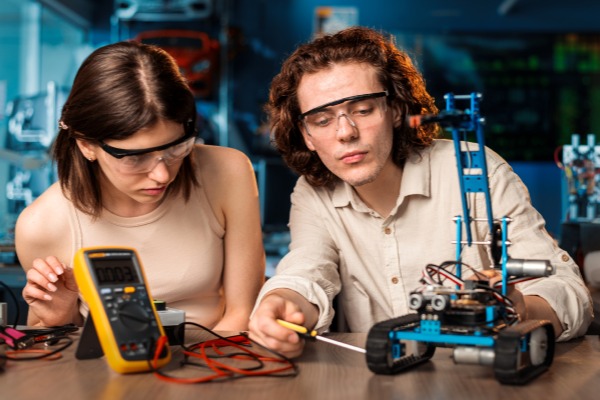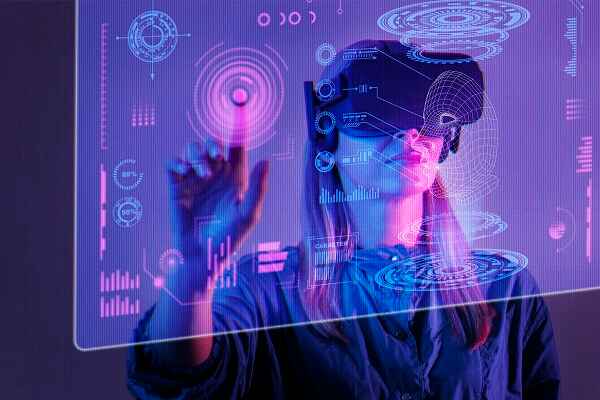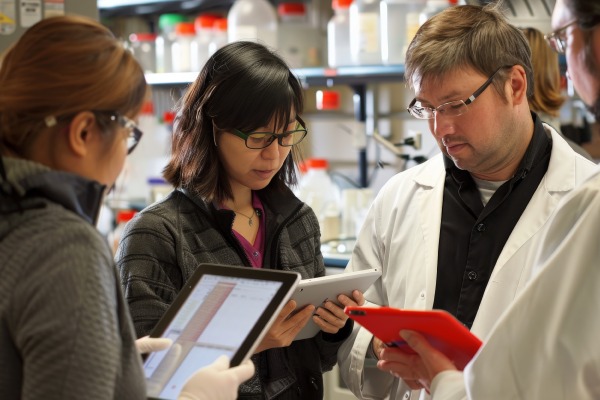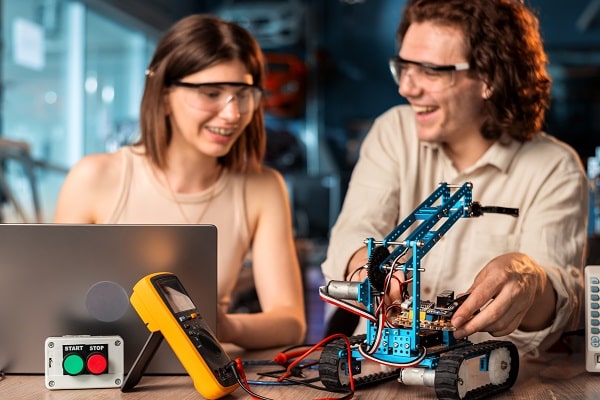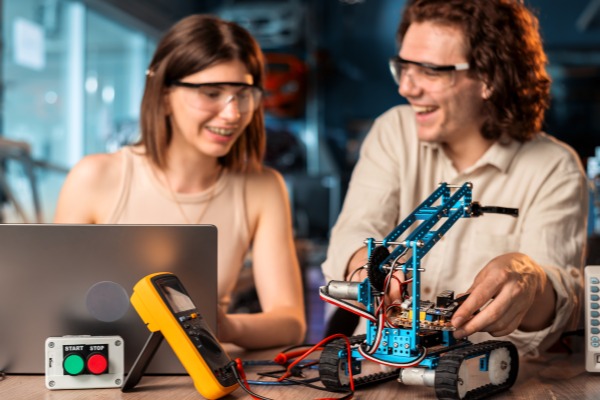
The Future of Artificial Intelligence and its Impact on B.Tech Students
Artificial Intelligence is transforming industries, education, and the job market at a pace never seen before. The Future of AI for B.Tech students is filled with both challenges and opportunities. From automating repetitive processes to solving complex engineering problems, AI is becoming a must-have skill for future professionals. According to a World Economic Forum report, AI will create millions of new jobs globally by 2030, particularly in technology-driven sectors. Students pursuing engineering must understand its impact on their studies, skill development, and career path. By mastering AI concepts early, they can position themselves for high-demand roles in multiple industries.
Table of Contents
- The Growing Role of AI in Engineering Education
- How AI is Reshaping Career Opportunities for B.Tech Students
- Essential AI Skills for Engineering Students
- Industries Offering AI Career Paths
- Challenges Students May Face in Adopting AI
- Future Outlook for AI in Engineering
- Start Your AI-Ready Engineering Career Today
- Frequently Asked Questions
The Growing Role of AI in Engineering Education
AI is no longer a concept limited to computer science experts. Today, Artificial intelligence in engineering is part of the curriculum in many top colleges. Engineering students learn to work with machine learning models, data analytics, and intelligent systems. Universities worldwide are introducing AI-focused courses to prepare graduates for future job demands. The Future of AI for B.Tech students means acquiring knowledge that goes beyond traditional coding. They must also understand algorithms, pattern recognition, and ethical implications of AI in real-world projects. This shift in education ensures students remain competitive in the global job market.
How AI is Reshaping Career Opportunities for B.Tech Students
The demand for AI specialists is increasing in almost every industry. The Future of AI for B.Tech students is tied to new career options like AI research engineer, data scientist, and robotics engineer. According to PwC, AI could contribute up to 15.7 trillion USD to the global economy by 2030. This massive growth means students with AI skills will be in higher demand compared to those without them. Companies seek graduates who can design intelligent systems, process large datasets, and improve decision-making processes through automation. Engineering students need to prepare for these roles by gaining both theoretical and practical AI experience.
Essential AI Skills for Engineering Students
For B.Tech students, the Future of AI for B.Tech students is about mastering both technical and soft skills. Core AI skills include programming in Python, understanding neural networks, and applying natural language processing.
Knowledge of AI tools like TensorFlow and PyTorch is also valuable. Apart from technical skills, problem-solving, analytical thinking, and creativity remain essential. Artificial intelligence in engineering demands engineers who can adapt to evolving technology trends. Students should also focus on internships, AI workshops, and certifications that can enhance their resumes and practical understanding.
Industries Offering AI Career Paths
AI applications are present in almost every industry today. The Future of AI for B.Tech students is promising in sectors like healthcare, finance, manufacturing, and transportation. For example
- Healthcare uses AI for medical imaging and diagnosis
- Finance relies on AI for fraud detection and market prediction
- Manufacturing applies AI for quality control and predictive maintenance
- Transportation uses AI for autonomous vehicles and route optimisation
These industries offer high-paying roles for graduates skilled in AI technologies. The rapid adoption of AI across these fields shows why engineering students must gain AI expertise during their academic journey.
Challenges Students May Face in Adopting AI
The Future of AI for B.Tech students is promising, but it also comes with certain challenges. One major challenge is the fast-changing nature of AI technologies, which requires continuous learning. Another challenge is the availability of practical training opportunities. Students often struggle to find real-world AI projects during their studies.
There is also the need to understand AI ethics and regulations to avoid biased or harmful outcomes. Colleges like Dr. M.C. Saxena Group of Colleges address this by integrating AI courses with industry-led projects, giving students practical skills along with theoretical knowledge.
Future Outlook for AI in Engineering
The Future of AI for B.Tech students is bright and dynamic. With AI expected to automate many technical tasks, engineers will focus more on creative and strategic problem-solving. The integration of AI into engineering disciplines will continue to grow, making it a necessary skill for long-term career success. Global AI investments are increasing each year, and demand for AI-trained professionals will keep rising. Students who start learning AI now will have a significant advantage over others entering the workforce in the coming decade.
Start Your AI-Ready Engineering Career Today
The Future of AI for B.Tech students is about more than academic knowledge. It is about building the right skill set to meet industry demands. Learning AI now can lead to high-growth career paths, international job opportunities, and innovative projects that change the world. Dr. M.C. Saxena Group of Colleges offers engineering programmes designed to meet future technology needs with a strong AI foundation.
This is the time to invest in your skills and position yourself for success in the AI-driven economy. Enroll today and step into a future powered by intelligence and innovation.
- Email: atmcscet@rediffmail.com
- Call: +91 9936052233
Frequently Asked Questions
Q1. How can B.Tech students start learning AI?
A1. Students can begin with online AI courses, join workshops, and work on small projects using tools like Python, TensorFlow, or PyTorch.
Q2. Which engineering branches benefit most from AI?
A2. Computer science, electronics, mechanical, and electrical engineering see major benefits, but AI applications are relevant across almost all engineering fields.
Q3. Is AI only for students with strong coding skills?
A3. No, while coding helps, AI also requires skills in mathematics, data analysis, and problem-solving which can be learned with practice.
Q4. Will AI replace engineering jobs in the future?
A4. AI will automate certain tasks but will also create new job roles requiring human creativity, critical thinking, and decision-making abilities.


